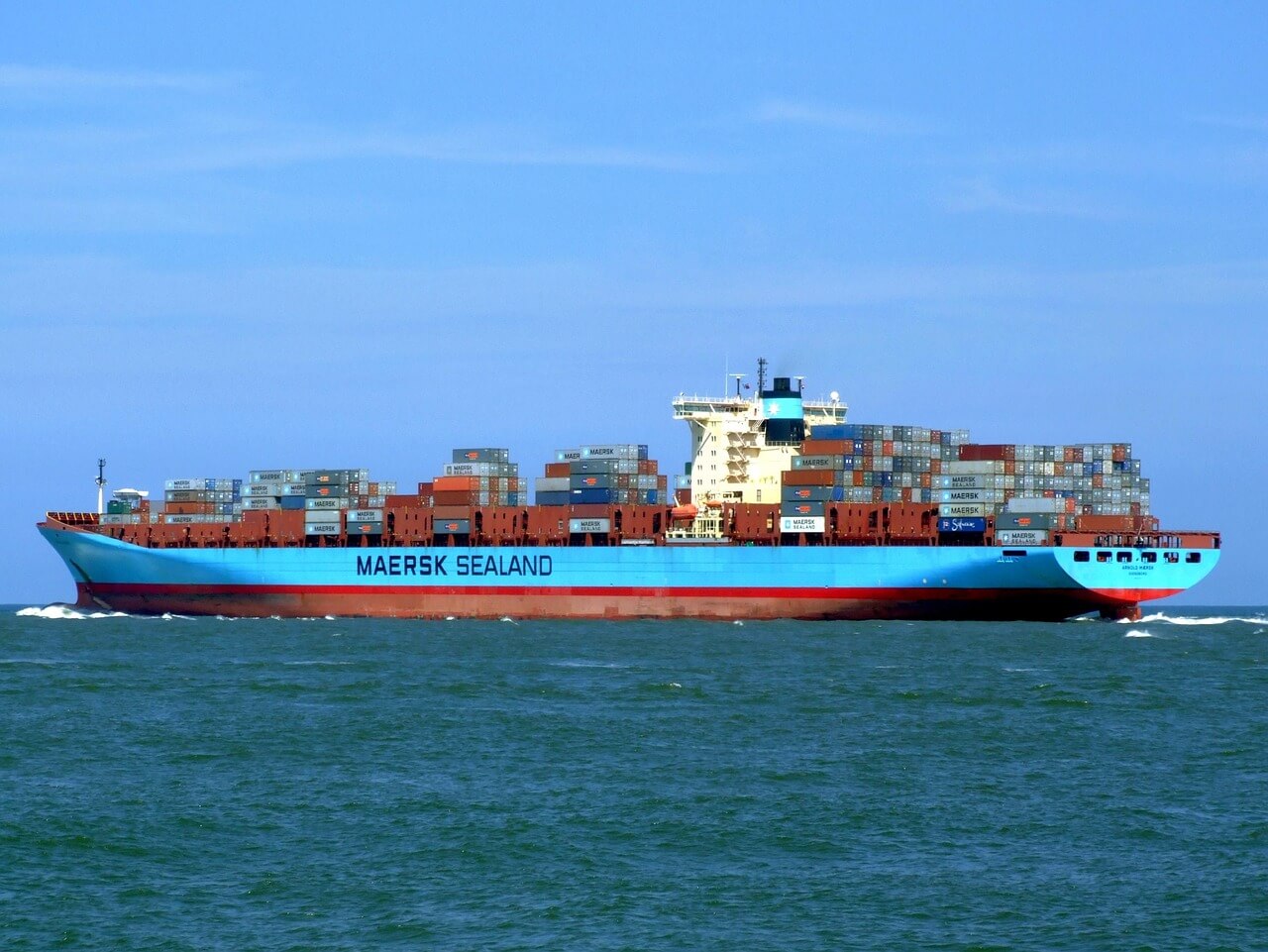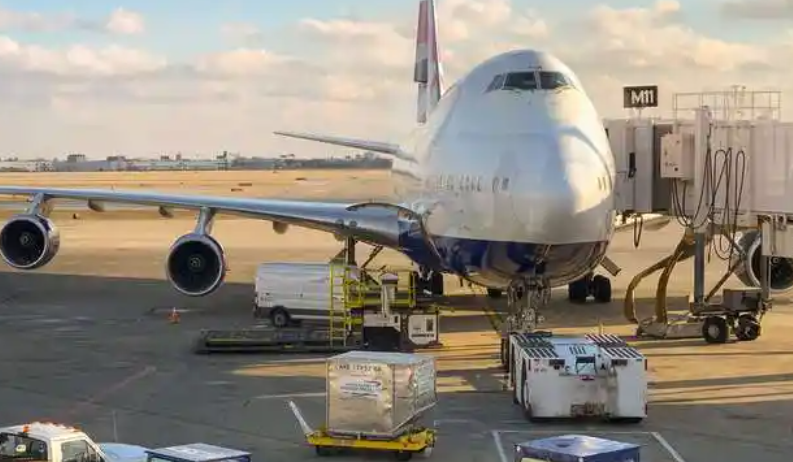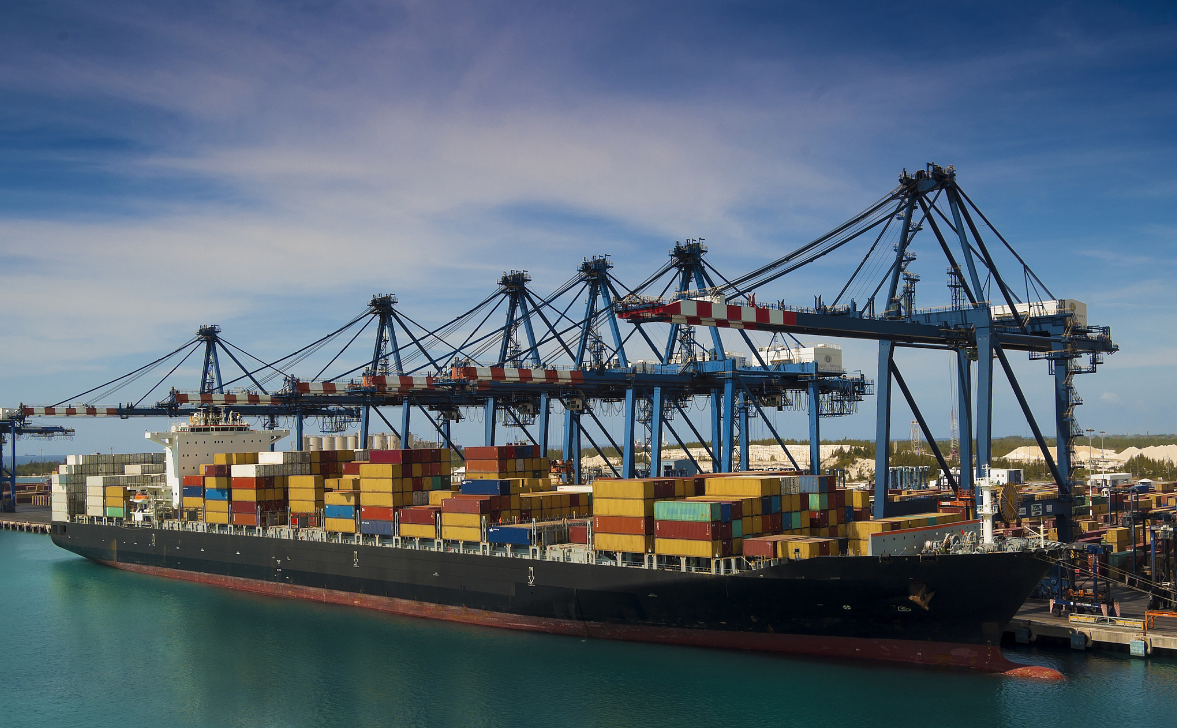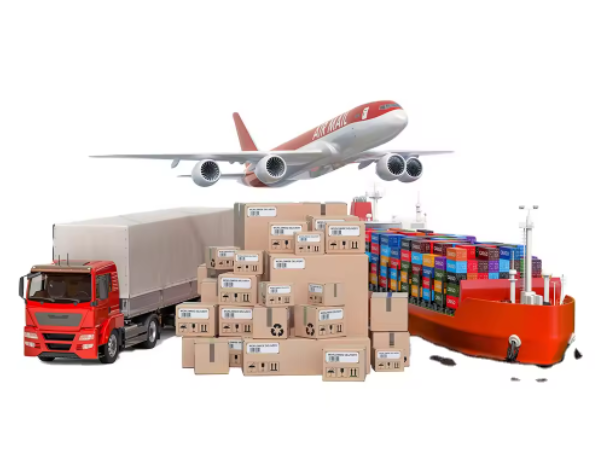
29
Apr
How to provide cross-border warehousing services from China to Kenya?
**Expanding Cross-Border Storage Services from China to Kenya**
With the growth of global trade and increasing demand for efficient logistics, the need for cross-border storage services has become paramount. In this article, we will explore the steps involved in establishing a successful cross-border storage service from China to Kenya.
**1. Market Research and Analysis**:
It is essential to conduct thorough market research on Kenya's logistics industry, including demand for storage services, competition landscape, and regulatory framework. Understanding the local market and its needs will help in designing effective storage solutions.
**2. Identify Partnerships and Collaborations**:
Identify potential partners in China and Kenya who can aid in the smooth operation of the storage services. This could include logistics companies, customs brokers, and local storage facilities. Partnering with reliable entities helps in reducing risks and enhancing operational efficiency.
**3. Develop a Strategic Plan**:
Develop a comprehensive strategic plan that outlines the company's vision, mission, objectives, and strategies for expanding to Kenya. Consider factors like target market, operational costs, revenue projections, and necessary infrastructure investments.
**4. Infrastructure Development and Investment**:
Ensure that the necessary infrastructure is in place to support cross-border storage operations. This includes warehousing facilities in Kenya that meet international standards, reliable transportation links, and advanced inventory management systems.
**5. Compliance with Regulatory Requirements**:
Familiarize with customs regulations, import/export policies, and other legal requirements of both China and Kenya. Ensure that all operations adhere to these regulations to avoid any legal complications.
**6. Establish Effective Communication Channels**:
Establish seamless communication channels between China and Kenya for real-time updates on inventory, shipments, and other operational details. This helps in improving efficiency and reducing delays.
**7. Implement Quality Control Measures**:
Implement strict quality control measures to ensure the safety of goods during storage and transportation. Regularly inspect facilities and implement necessary maintenance measures to ensure optimal performance.
**8. Customer Service and Support**:
Provide exceptional customer service and support to build trust with clients. Address any concerns or issues promptly and offer customized solutions to meet specific needs.
**9. Continuously Monitor and Evaluate**:
Regularly monitor the performance of the cross-border storage services and evaluate areas for improvement. Gather feedback from clients and partners to identify new opportunities for growth and expansion.
In conclusion, expanding cross-border storage services from China to Kenya requires a strategic approach that considers market research, infrastructure development, regulatory compliance, effective communication, quality control, customer service, and continuous monitoring. Following these steps can pave the way for successful operations in the region.
With the growth of global trade and increasing demand for efficient logistics, the need for cross-border storage services has become paramount. In this article, we will explore the steps involved in establishing a successful cross-border storage service from China to Kenya.
**1. Market Research and Analysis**:
It is essential to conduct thorough market research on Kenya's logistics industry, including demand for storage services, competition landscape, and regulatory framework. Understanding the local market and its needs will help in designing effective storage solutions.
**2. Identify Partnerships and Collaborations**:
Identify potential partners in China and Kenya who can aid in the smooth operation of the storage services. This could include logistics companies, customs brokers, and local storage facilities. Partnering with reliable entities helps in reducing risks and enhancing operational efficiency.
**3. Develop a Strategic Plan**:
Develop a comprehensive strategic plan that outlines the company's vision, mission, objectives, and strategies for expanding to Kenya. Consider factors like target market, operational costs, revenue projections, and necessary infrastructure investments.
**4. Infrastructure Development and Investment**:
Ensure that the necessary infrastructure is in place to support cross-border storage operations. This includes warehousing facilities in Kenya that meet international standards, reliable transportation links, and advanced inventory management systems.
**5. Compliance with Regulatory Requirements**:
Familiarize with customs regulations, import/export policies, and other legal requirements of both China and Kenya. Ensure that all operations adhere to these regulations to avoid any legal complications.
**6. Establish Effective Communication Channels**:
Establish seamless communication channels between China and Kenya for real-time updates on inventory, shipments, and other operational details. This helps in improving efficiency and reducing delays.
**7. Implement Quality Control Measures**:
Implement strict quality control measures to ensure the safety of goods during storage and transportation. Regularly inspect facilities and implement necessary maintenance measures to ensure optimal performance.
**8. Customer Service and Support**:
Provide exceptional customer service and support to build trust with clients. Address any concerns or issues promptly and offer customized solutions to meet specific needs.
**9. Continuously Monitor and Evaluate**:
Regularly monitor the performance of the cross-border storage services and evaluate areas for improvement. Gather feedback from clients and partners to identify new opportunities for growth and expansion.
In conclusion, expanding cross-border storage services from China to Kenya requires a strategic approach that considers market research, infrastructure development, regulatory compliance, effective communication, quality control, customer service, and continuous monitoring. Following these steps can pave the way for successful operations in the region.
LEAVE YOUR COMMENT
categories
recentpost
-
 Key Differences in Document Handling & Handover for Consolidated Air FreightJul 16,2025
Key Differences in Document Handling & Handover for Consolidated Air FreightJul 16,2025 -
 Unveils the Comprehensive Glossary of Air Freight Terms: Decode AWB, ULD, TACT & MoreJul 15,2025
Unveils the Comprehensive Glossary of Air Freight Terms: Decode AWB, ULD, TACT & MoreJul 15,2025 -
 USA DDP By Air vs. International Express: A Comparative Analysis of 3 Core DifferencesJul 15,2025
USA DDP By Air vs. International Express: A Comparative Analysis of 3 Core DifferencesJul 15,2025 -
 What are the shipping options from China to USA?Jun 24,2025
What are the shipping options from China to USA?Jun 24,2025 -
 Shipping Costs from China to IsraelJun 23,2025
Shipping Costs from China to IsraelJun 23,2025 -
 Door to door or DDP shipping from China to Mombasa, KenyaJun 20,2025
Door to door or DDP shipping from China to Mombasa, KenyaJun 20,2025
Online Service

